Do you want to improve your running performance? Why am I asking this seemingly arbitrary question? Because nitrate-rich beets offer sustained source of energy and scientists have even found a link between beets consumption (both in juice and whole form) and improved athletic performance. How cool is that?

Many of us may not be serious runners or big exercisers, but one thing we can all probably agree on: We all need energy to get through our days. And we seem to be looking for resources--food or non-food-- to increase our daily energy reserves. The meteoric rise in energy drinks sales since early 2000s is a testament to our energy-seeking quest. This beet energy juice not only offers a ton of (instant) energy, but also scores high on nutrition and taste tests.
I was not always a juice aficionado as I believed (and still do) in eating whole vegetables rather than juice them and throw away all the wonderful fiber. But in the past few years, especially after my husband's two successive heart surgeries (see My Story), I have started making homemade juices--particularly, those made with greens and vegetables. I usually make juice about once or twice a week; more so during winter months, which tend to bring cold and flu with them.

When I made this juice during my husband's recovery from his cardio surgery, I only added beets, carrots, celery, ginger, and a couple of dashes of fresh lemon juice. But the beets' earthy taste did not fly well with my kids. So, I experimented with adding a fruit to the concoction. Well, this has sort of worked as my younger son doesn't mind drinking this energy beet juice. I usually also add ginger--high in antioxidants and anti-inflammatory properties--during winter months. Feel free to omit ginger if its taste is a dealbreaker for you. It may sound repetitive, but please, please buy organic vegetables/fruits for making fresh homemade juices.
A note on mixing fruits and vegetable juices
There are varied views on the subject of mixing fruit and vegetable juices. For example, the Ayurvedic nutritional approach is to not mix fruits with any other food (with very few exceptions)[2]. Dr. Michael T. Murray, N.D. in his book The Complete Book of Juicing , on the other hand, suggests that there is little scientific evidence to support the belief of not mixing fruit and vegetable juices. Really, there is a jungle of contradictory pieces of advise out there. Who should you listen to? Your body. "If you feel bloated or gassy, maybe avoid mixing fruits and vegetables in juices," says Dr Murray. I have given two variations of this Beet Energy Juice--one with fruit and one without. Experiment and find your right fit. (Stay tuned for an exclusive post on the art of juicing for health benefits).
How much would you spend on a glass of homemade juice?
Often times making juice at home seems expensive. To write this blogpost, I tracked the cost of vegetable and fruits (organic) in making this juice. Guess what! The cost of a 10oz glass of homemade beet energy juice at $2.99 was not more than many beverages that we buy everyday--a fancy cup of coffee/tea and many bottled beverages.
How long this juice can be stored
I am a proponent of fresh food, especially when it comes to fresh produce. Most fruits and vegetables start losing their nutrients as soon as they get on the chopping board (in this instance in the juicer). I usually drink any homemade fresh juice within 15-20 minutes of making it. However, if you absolutely need to, you can store homemade juice in an airtight container for up to 12 hours in refrigerator, as advised by Dr. Murray.
More healthy juice and smoothie recipes on TLC
Beet Energy Juice
Ingredients
- 1 beet** (small about 2")
- 3 carrots (medium)
- 1 orange*** (medium)
- 1/4" piece of ginger (optional)
- 1 dash fresh lemon juice
Instructions
- Wash all the vegetables and fruits under running water. Scrub beets well with your hands or veggie scrubber as beets tend to have dirt on them.
- Cut off the carrot tops. For beets, cut off the tops and bottom. Quarter the beet, if it would not fit in your juicer feed. Peel the orange.
- Juice the ginger first (if using) followed by beet, carrots, and orange. Enjoy!
Notes
Nutrition
Recommended Resources
- The complete book of juicing : this is a great starter reference on juicing; in addition to offering a lot of great recipes, the books gives a background on why and how of juicing.
Note: Traffic Light Cook is a participant in the Amazon.com Associates Program. If you click on a TLC-recommended (or cited) product link and make a purchase from
Amazon.com , the blog earns a small fee at no extra cost to you and help keep the content on TLC free. Thank You.
References
[1] Domínguez, Raúl; Cuenca, Eduardo; Mate-Muñoz, Jose Luis; García-Fernandez, Pablo; Serra-Paya, Noemí; et al., Effects of Beetroot Juice Supplementation on Cardiorespiratory Endurance in Athletes. A Systematic Review, Nutrients; Basel Vol. 9, Iss. 1, (2017): 43.
[2] Usha & Dr. Vasant Lad, Ayurvedic Cooking for Self Healing (Ayurvedic Press; October 31, 1997)
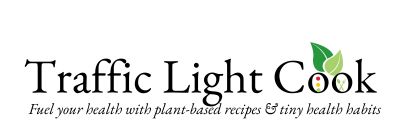
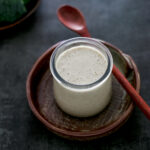
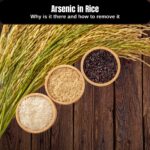



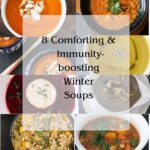
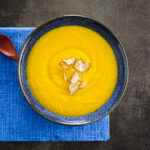
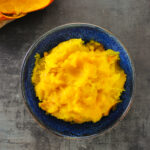
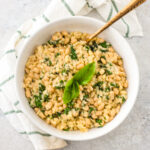
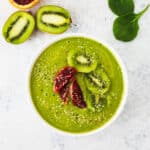
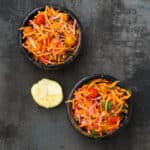


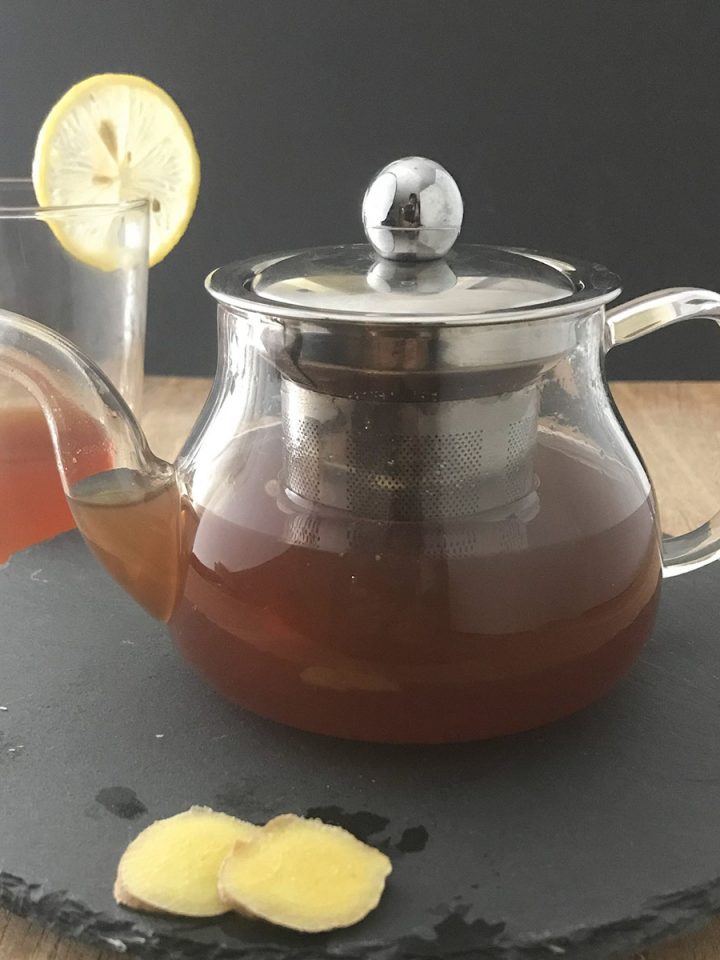
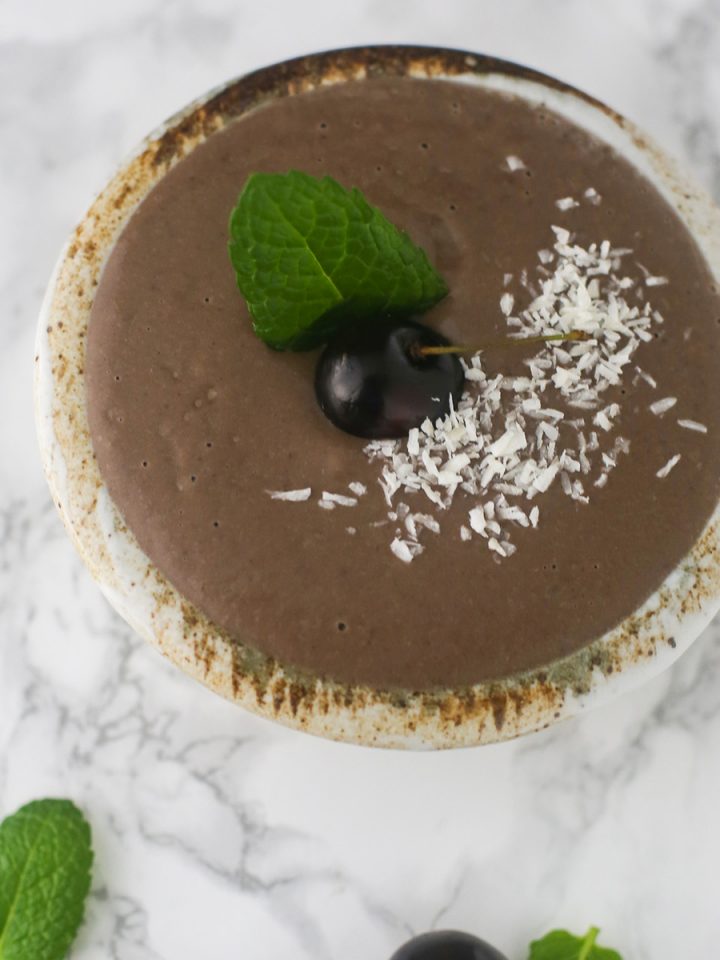
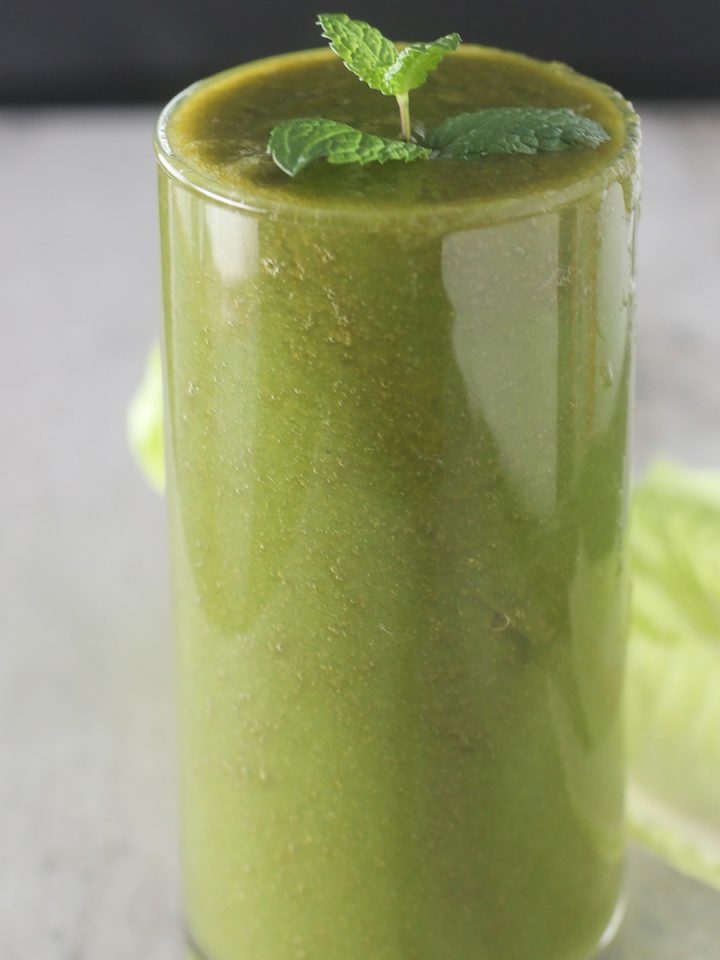
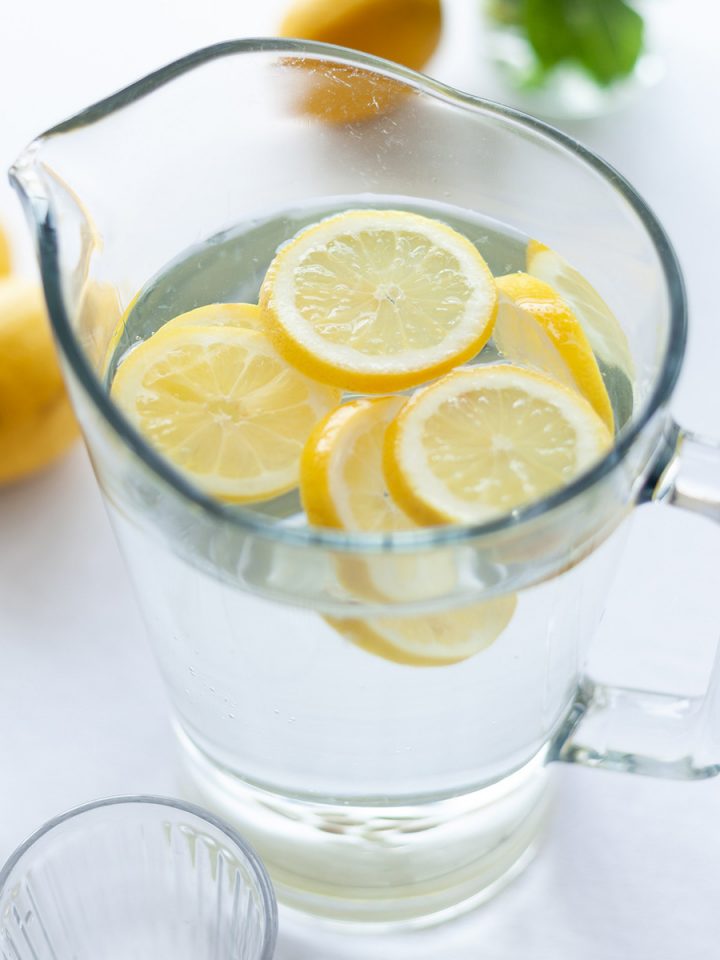
This is an amazing recipe that I have made in my house that gives me a fresh start to my day.
Hoping I can better my health and my husband by juicing with beets and green juice.
Great Juice